Discovering the evolution of well-established companies can be a fascinating journey, especially when it involves a significant transformation in their names. In the corporate landscape, name changes are not uncommon and often signal strategic shifts, rebranding efforts, or adaptability to evolving markets. This blog delves into the intriguing narratives of 14 huge companies that decided to alter their names, exploring the reasons behind these changes and the impact it had on their identities and success. From tech giants to iconic beverage brands, each transformation unveils a unique story of corporate reinvention and the dynamic nature of the business world. Join us as we unravel the histories behind these notable name changes and the pivotal moments that shaped these companies’ trajectories.
The List of the 14 Huge Companies That Changed Their Names
1. Altria
Philip Morris

In 2003, Philip Morris, a tobacco company, rebranded itself as Altria. The company asserted that the name change aimed to highlight its diverse product range beyond cigarettes. However, some individuals interpreted the move as a public relations strategy to create distance from its association with tobacco sales.
2. Amazon
Cadabra

The term Amazon has become synonymous with online shopping, making it challenging to envision eagerly placing our orders under the name Cadabra or extolling the life-saving swiftness of Cadabra Prime. Nevertheless, that was the original choice of Jeff Bezos, derived from the magician’s well-known incantation ‘abracadabra.’ The name lost its appeal when a legal professional misinterpreted it as ‘cadaver,’ a synonym for a corpse. Bezos briefly considered the name Relentless but received feedback that it conveyed a somewhat ominous undertone. Eventually, he consulted a dictionary and settled on Amazon because it conveyed a sense of exoticism and distinctiveness.
3. Apple
Apple Computers
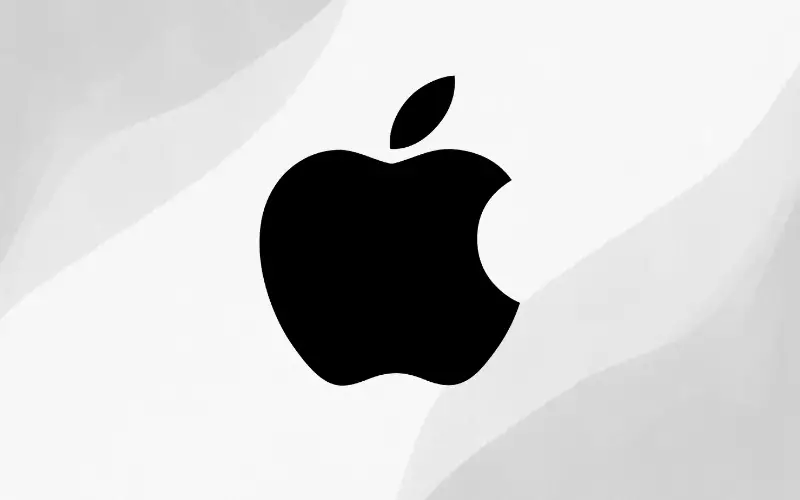
Upon its inception in 1976 by Steve Jobs, Ronald Wayne, and Steve Wozniak, Apple was initially named Apple Computers. However, in 2007, Jobs revealed the decision to rebrand the company as Apple, signaling a strategic shift towards a heightened emphasis on consumer electronics.
4. eBay
AuctionWeb
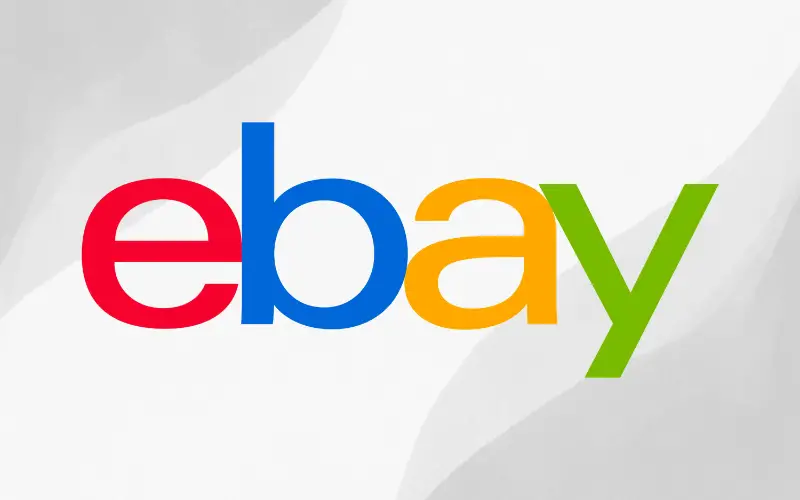
Pierre Omidyar, the creator of eBay, initially introduced the platform as AuctionWeb, aiming to foster an honest and transparent marketplace that connected buyers and sellers. As the company experienced steady growth and garnered media attention, it became commonly identified as eBay. This widespread usage by the media eventually led to the company officially adopting the name eBay.
5. KFC
Kentucky Fried Chicken
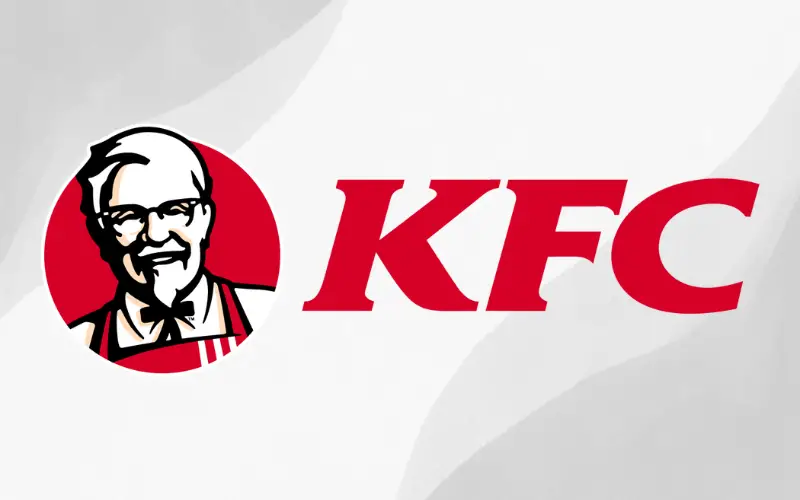
KFC’s transition to its abbreviated name was a straightforward move, yet surprisingly, it stirred some controversy. The absence of a clear explanation for the change gave rise to unfounded rumors, such as one claiming that the chain utilized genetically modified chickens, ineligible to be legally labeled as chicken.
6. Google
BackRub
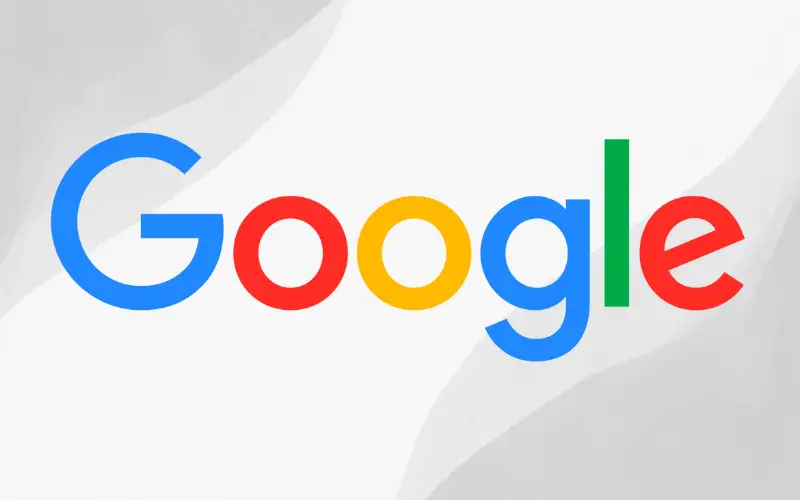
In 2015, Google underwent a rebranding, adopting the name Alphabet to serve as a holding company for its diverse business ventures. This strategic move aimed to provide investors and shareholders with a clearer understanding of the company’s multifaceted activities.
Interestingly, this wasn’t Google’s initial name change. In its inception in 1996, the company operated under the name BackRub. However, by 1997, the founders opted for a new identity and settled on the name Google.
7. Meta

In 2021, the prominent social media platform Facebook gained attention for rebranding itself as Meta. While the Facebook app retained its original name, it became one of several entities falling under the Meta umbrella.
The decision was intended to symbolize the company’s expansion beyond social media into the realm of the metaverse. Concurrently, Facebook was facing considerable scrutiny, prompting speculation that the name change served as a strategic measure to distance itself from adverse publicity.
8. Nike
Blue Ribbon Sports
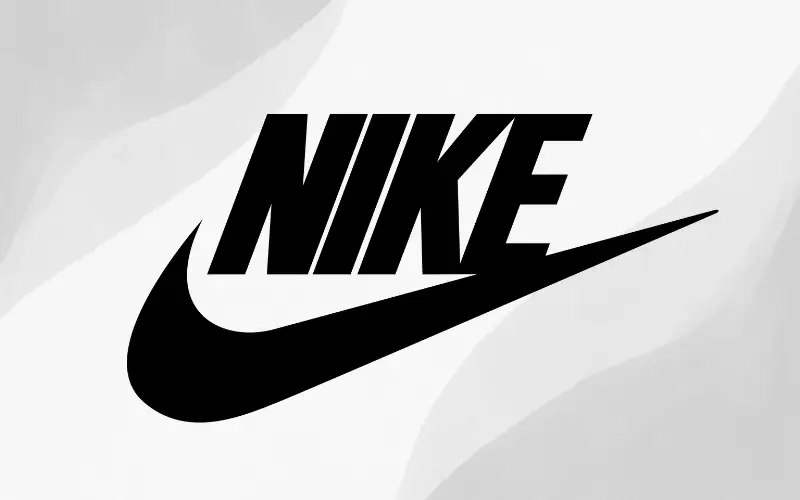
In 1964, Beaverton, Oregon saw the establishment of Blue Ribbon Sports by Bill Bowerman and Phil Knight. Initially established as a running shoe distributor, the founders later pivoted to producing and distributing their own footwear. The Nike shoe brand was introduced in 1972, and subsequently, the company underwent a name change to Nike in 1978.
9. Netflix
Qwikster
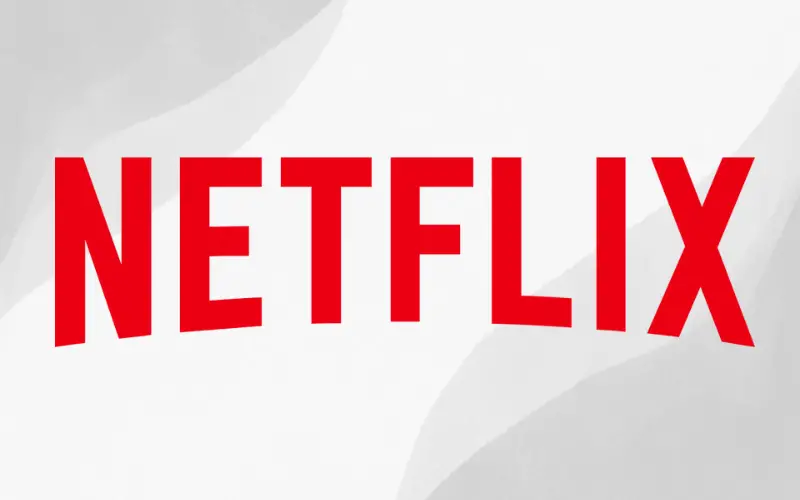
Now, consider an instance of an unsuccessful rebrand. In 2011, Netflix endeavored to divide its operations—Netflix for streaming services and Qwikster for its DVD-by-mail service.
Nevertheless, this alteration was met with disapproval from both customers and investors, resulting in a significant decline in the company’s stock. Promptly realizing the dissatisfaction, the company swiftly reversed course, reverting to its original name and business model.
10. Pepsi-Cola
Brad’s Drink
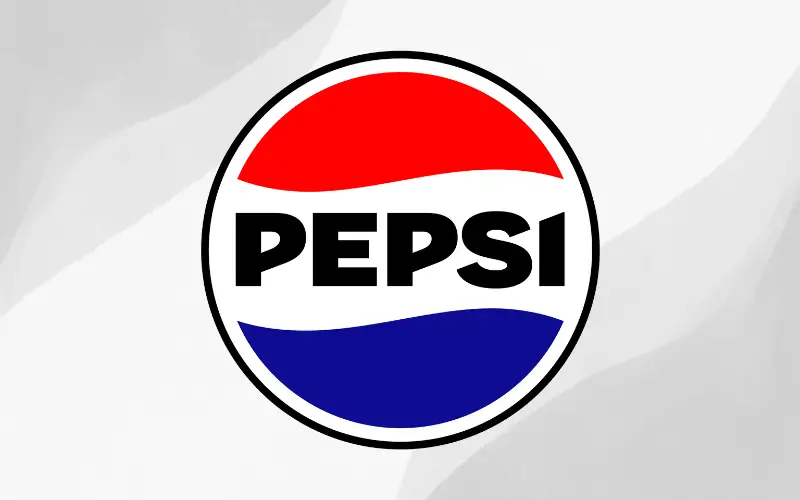
In 1893, Caleb Bradham, a pharmacist, established Pepsi-Cola. Initially named Brad’s Drink after its founder, the company underwent a rebranding in 1898, adopting the name Pepsi-Cola. This transformation propelled it to become one of the most recognized brands globally.
11. Starbucks
Starbucks Coffee
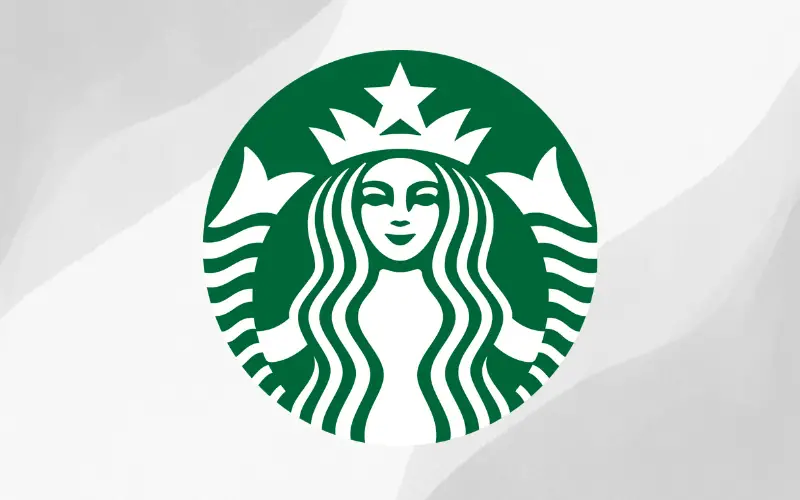
In 2011, the U.S. behemoth removed the term ‘Coffee’ from its logo, reflecting a strategic move to better encompass its growing menu. This alteration has proven to be a triumph and is poised to endure for the foreseeable future.
12. Subway
Pete’s Super Submarines
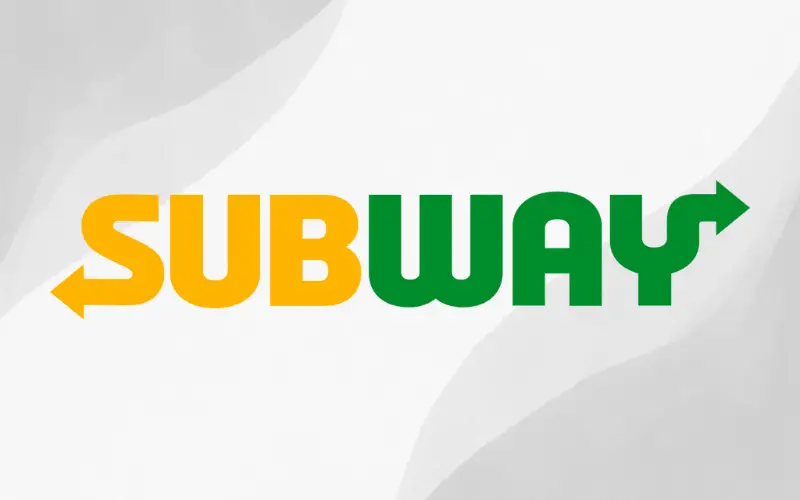
Established in 1965, Subway originally operated under the name Pete’s Super Submarines. Founder Fred DeLuca kick-started the venture with a $1,000 investment from Dr. Peter Buck, and the company initially bore Dr. Buck’s name. However, owing to difficulties in pronunciation faced by customers, the name was revamped to Subway in 1968.
13. Tinder
Matchbox
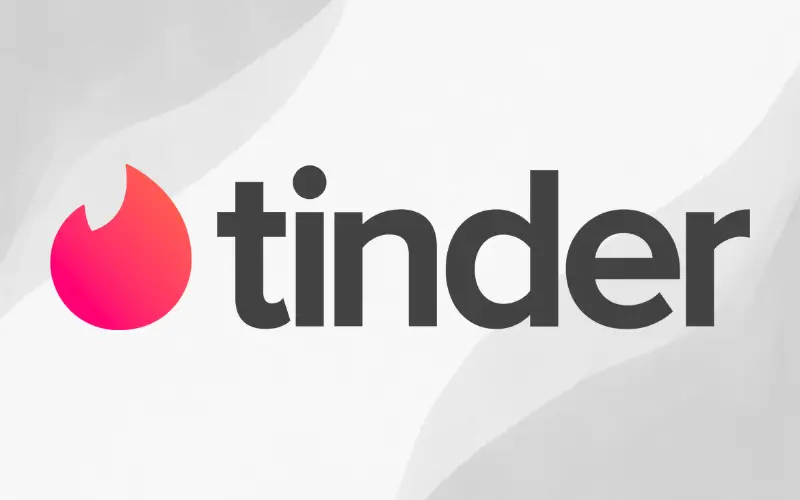
It’s hailed as the app that revolutionized the dating landscape, engaging an estimated 57 million individuals in the quest for a date through the simple act of swiping left or right. However, Tinder’s journey started under the name Matchbox, drawing inspiration from the literary connections of love and fire. A minor hiccup arose as it bore a resemblance to Match.com. Undeterred, the founders reevaluated their choice and, staying true to the theme of igniting sparks and fanning the flames of romance, they rebranded it as Tinder.
14. WW
Weight Watchers

In 2018, Weight Watchers underwent a rebranding, adopting the abbreviation WW to distance itself from dieting associations. The company aimed to pivot its emphasis towards wellness and comprehensive health. CEO Mindy Grossman explained that the name WW served as a tribute to the company’s history, although it did not represent any specific acronym.
Conclusion
In retrospect, the stories behind the name changes of these 14 influential companies provide valuable insights into the dynamic nature of the business world. From strategic rebranding efforts to adapting to evolving market demands, each transformation serves as a testament to the resilience and foresight of these corporate giants. As we conclude this exploration of significant name changes, it becomes evident that the decision to redefine a company’s identity is often a pivotal moment in its history. These shifts reflect not only the ever-changing landscape of commerce but also the capacity of these industry leaders to innovate and remain relevant in the face of challenges. The narratives of these companies stand as a reminder that adaptability and strategic decision-making are key elements in the perpetual journey of corporate success and evolution.
Recent Posts
Science Trivia - Astronomy ...
Step into a realm of nostalgia as we embark on a journey through the annals of pop culture and bid farewell to 35 recently obsolete technologies. In the ever-evolving landscape of innovation, certain...
